How To Create A Realistic Travel Budget That Actually Works
When you travel, you want it to be a good experience. You don’t want to worry about every cent you spend, and you definitely don’t want to be broke when you arrive home. When you’re thinking of your next trip, you may be wondering how to avoid mistakes with money that occurred during previous vacations. The solution is to develop a realistic travel budget and stick with it. Traveling on a budget and planning in advance is the key to a worry-free vacation.
Below you’ll learn how to create a travel budget with ease. So keep reading!
Don’t leave without travel insurance: Before heading to any trip, the first thing you should do is get travel insurance.
Why?
You hear so many cases of people getting sick, ended up going to a local doctor and saved themselves thousands of dollars because they had travel insurance.
The one I personally use when I travel anywhere is World Nomads. It’s super easy to sign up (only just a few minutes). So make sure you check it out before your travels to save yourself a lot of money.
How Do I Create A Travel Budget?
The first thing I would do is outline a travel budget on a piece of paper or on a spreadsheet. You should outline your travel budget for each category: transportation, accommodation, food/drink, activities, and miscellaneous. I like using this printable in my Travel Planner Printables Kit to write down everything. It’s a good way for me to stay on track and stick to my budget where ever I am. It breaks down your travel expenses by category to keep you organized and cover all your bases.
How Much Should I Budget For Travel?
Every trip is different so the budget will be different. Since you’re still in the beginning stages of your trip, search for a destination you would like to travel to, find a favorite place, and research the average cost spent on accommodation, food, transportation and etc. You also want to consider things you want to see and do and how you plan to get around. Use the following tips below in each category to help you create a travel budget that fits your needs.
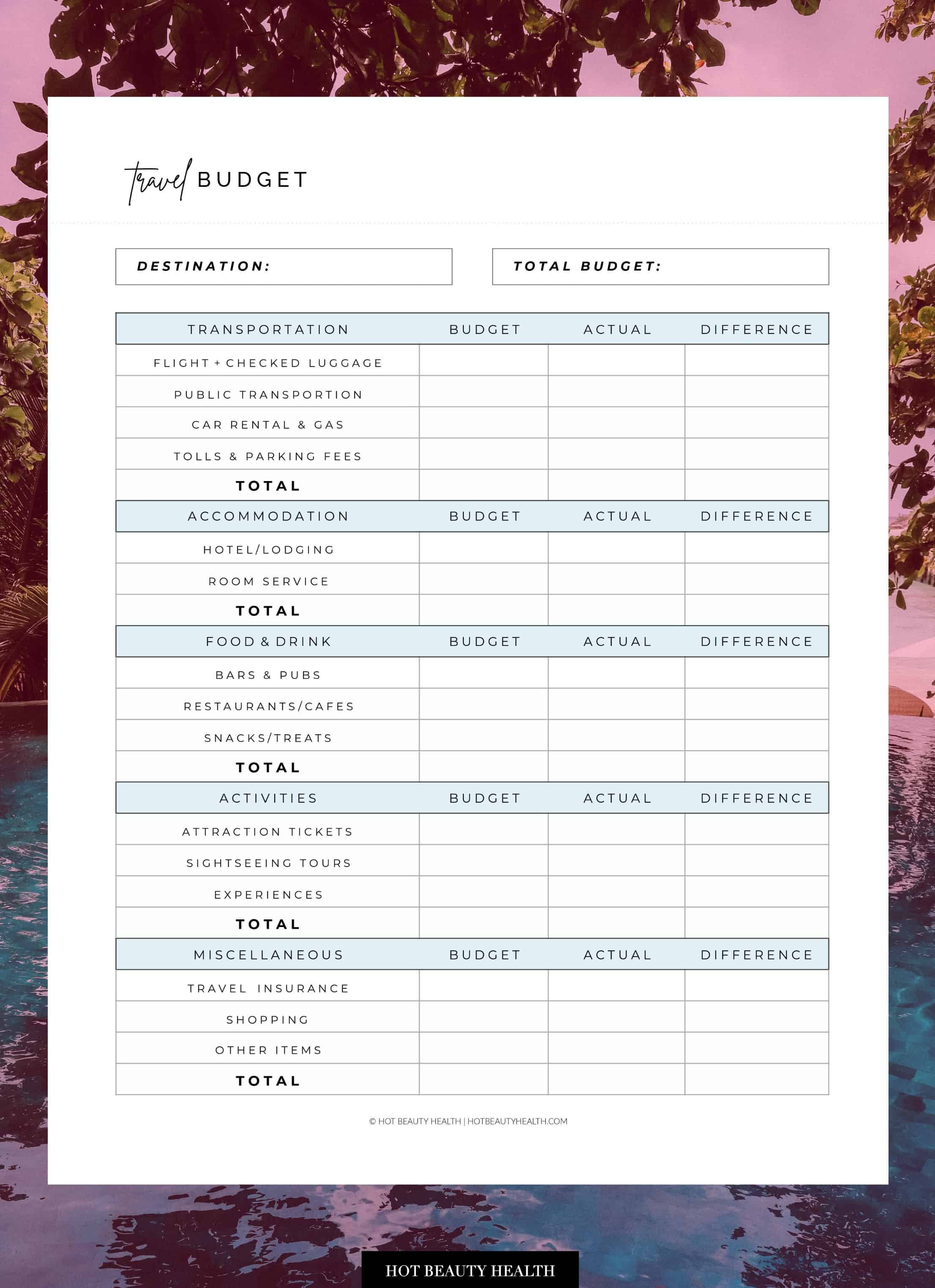
Tip 1. Transportation
Depending on the distance you plan to travel, transportation may be a big expense. When you create a travel budget, include all of the expenses that can increase the cost of airfare (baggage, taxes, and misc. fees). If you travel by plane, keep the cost below 1/3 of your travel budget. Looking for discount airfare packages or purchasing months in advance can help with that.
READ: How to Book The Cheapest Flight Possible Every Time
If you’re not flying to your destination, your transportation cost will already be lower. For example, if you are planning a road trip, you need more than gas so add up everything beforehand – servicing your car by a qualified mechanic, bringing snacks, and other packing essentials before you leave for your vacation.
Tip 2. Local Transportation
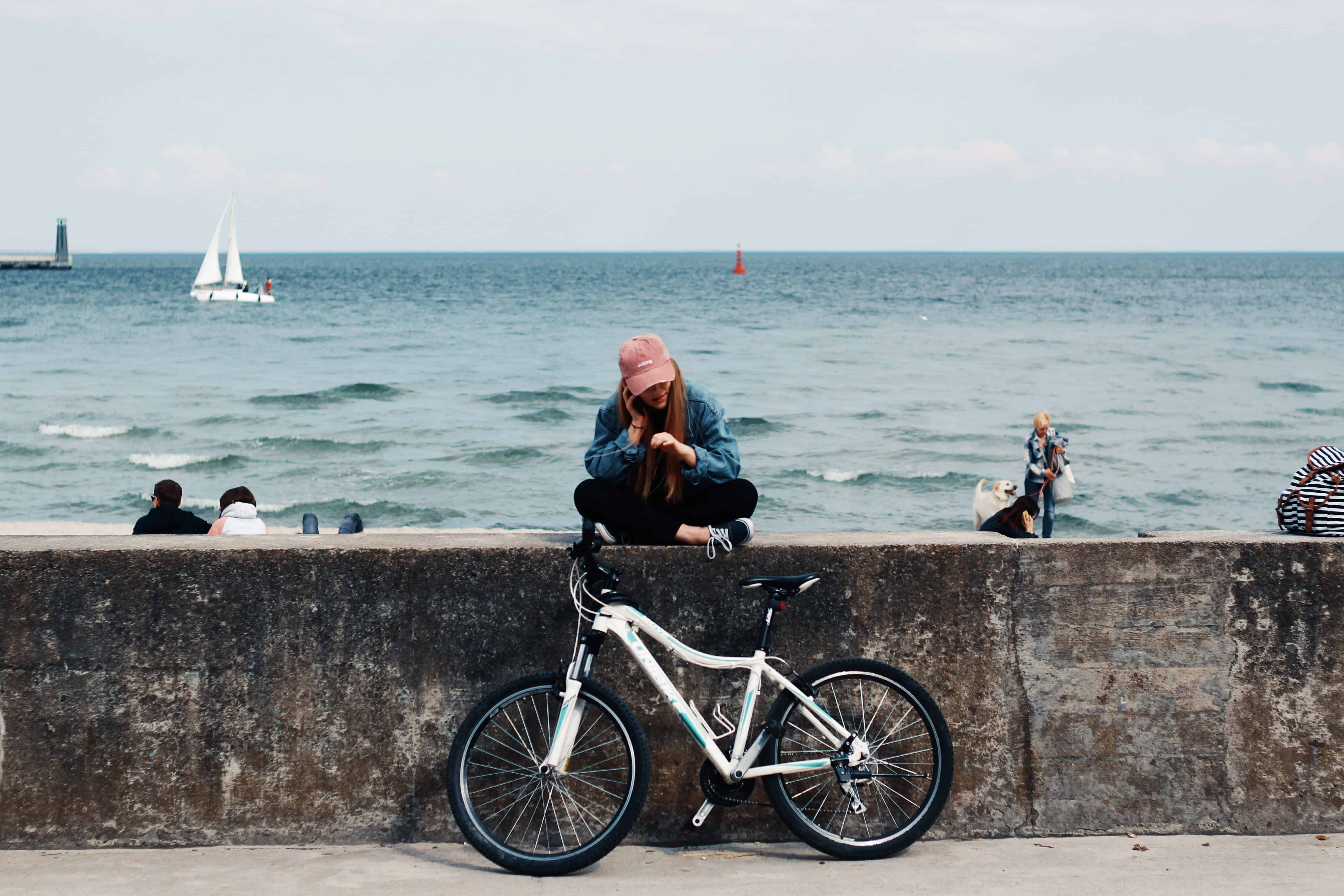
When you have your destination in mind, check to see what is available for local transportation. You don’t want to arrive and have no way to get around. Whether you want to rent a bike, use Uber or other public transportation means, you need to calculate what it will cost.
If you plan to go on a ferry, train, or take a rental car, it’s best to book far in advance, at least 2-3 months, before your trip to nab a cheaper price.
Tip 3. Accommodation

If you do some comparison-shopping long before your trip, you can find the accommodations you want at a lower price. Some examples to consider are family packages, honeymoon specials, and packages that include both airfare and hotel rooms.
When you learn about the available accommodations, you can save money with special deals. No need to settle for accommodations that don’t have the amenities you want, or pay a higher price than you can afford. Advance planning and a travel budget will make the very best affordable.
READ: 17 Ways to Cut Travel Expenses
Tip 4. Food & Drink
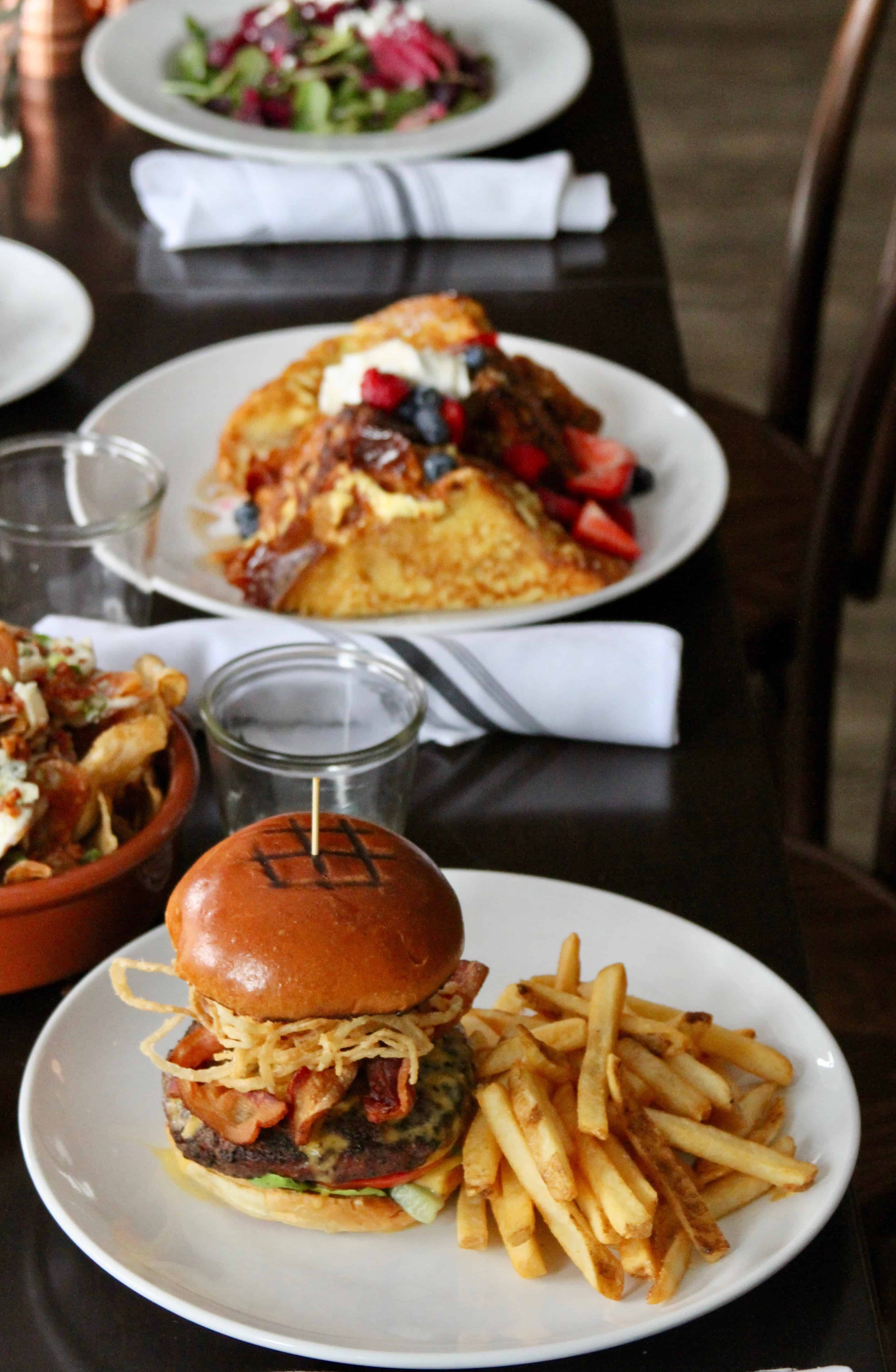
Checking your destination in advance can also help you save money on food and drink. You will know what is available, and the approximate cost of meals, beverages, and snacks. Then create a daily budget for yourself and each person accompany you.
Whether you want to sample the local cuisine, prefer to dine at 5-star restaurants, or simply enjoy the same fast food you are familiar with, you can fit it into your budget and save money.
For example, if you want to dine at a high-end restaurant one night, make sure to spend less on breakfast and lunch to accommodate an expensive dinner.
Write down every meal and drink you had for the day to keep track of costs to ensure that it’s within your daily budget. At the end of your trip, you will have a better idea of your food and drink costs for the entire trip and you can use that information as a guide to budget for your next travel destination.
Tip 5. Activities

Become familiar with the activities available at your destination prior to your trip. You can choose some that are free, but many others can be included in your budget. You can find all kinds of special events, tourist attractions, and much more on each country’s tourism website.
When you know which activities you want to include in your trip, and how much each will cost, it will help you keep you within budget. It will eliminate the confusion that occurs when you’re interested in a specific activity, but not too sure if you can afford it.
Tip 6. Shopping
When you go on vacation, shopping is part of the fun. It is exciting to visit many local shops, and buy souvenirs to take home. When you plan the amount you will spend on shopping, you can stay within your budget. You can even afford to buy gifts for friends back home.
Shopping will be more fun when you know how much you can spend. You don’t need to worry that an item is too expensive, or be tempted by items you cannot afford.
Tip 7. More Fun Extras
When you think of trips you have taken in the past, you know extra expenses added up. Even if you had a travel budget, there were various extras you never considered.
The more you know about your destination, the easier it will be to plan for additional expenses. One approach is to check websites for your destination. The location itself may have a website with plenty of information. Airbnb Experiences is one of my favorites to find fun and unique activities led by locals at an affordable price. You can also read websites like Trip Advisor that offer reviews.
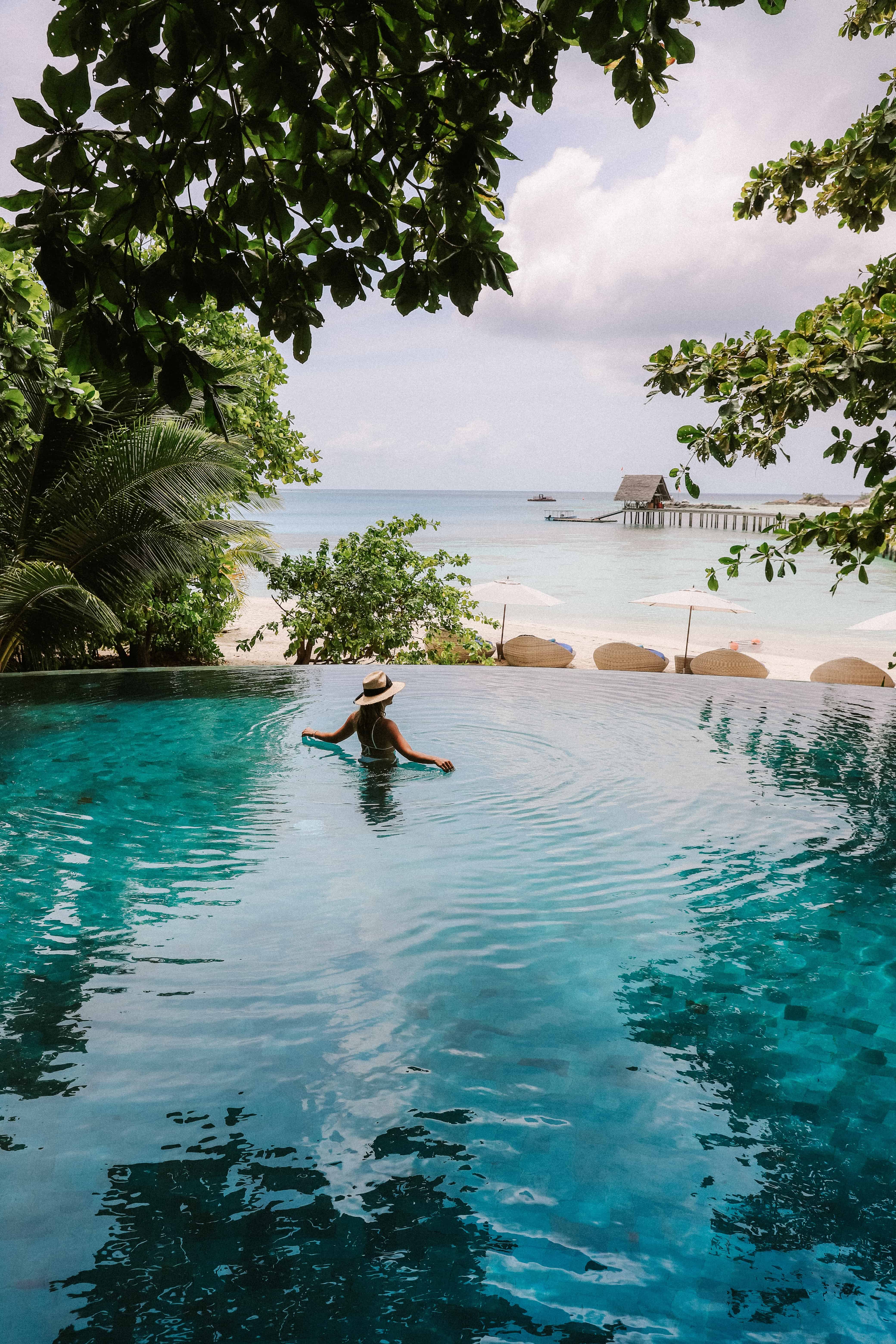
Another approach is to talk with your local travel agent. If you visit a travel agency to buy airline tickets or a travel package, it is an excellent source of information. Your travel agent can offer information and advice on what to expect at your destination. You can learn about many fun extras that you didn’t see on a website.
However, it’s not always possible to know everything in advance. Perhaps a local event will occur when you’re there, but you didn’t know about it ahead of time. As there can be many unexpected opportunities, it is useful to plan for this in your budget.
After you have decided how much you will spend on all the other aspects of your trip, make sure there is extra money in your travel budget for unexpected purchases and expenses. No longer should you feel disappointed over missing something fun, simply because you didn’t know about it ahead of time.
Do Your Research
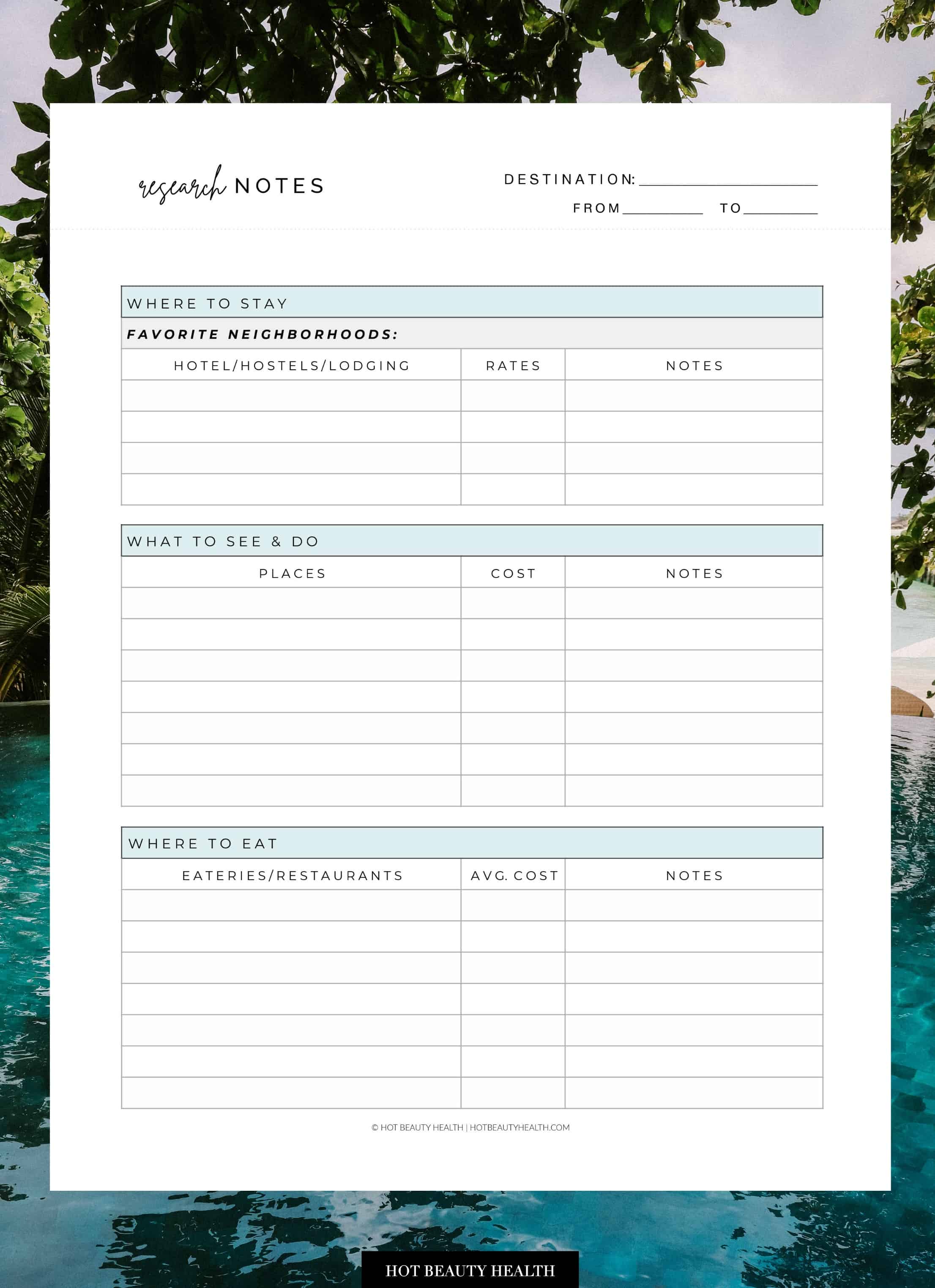
One of the most important steps before planning a trip is doing your research. Take some time and research everything beforehand so you can get the best value. What you do find, jot down on a sheet of paper. I like using this printable from my Travel Planner Printables Kit to write down every deal I find in each of the categories mentioned here. Check it out on the Shop page!
For example, under “Where To Stay,” I like to research the best neighborhoods to stay in and how close it is to the city. Then I look for affordable accommodations, comparing hotel and airbnb prices.
Whether this is your first big trip or you had money problems with traveling in the past, your upcoming trip can be a great experience. Creating a travel budget doesn’t have to be excessively time-consuming, dreary, or restrictive. When you take time to plan a trip in advance, and create a travel budget that works for you, every day of your vacation can be fun. Instead of financial worries, you will have wonderful memories when you arrive home.
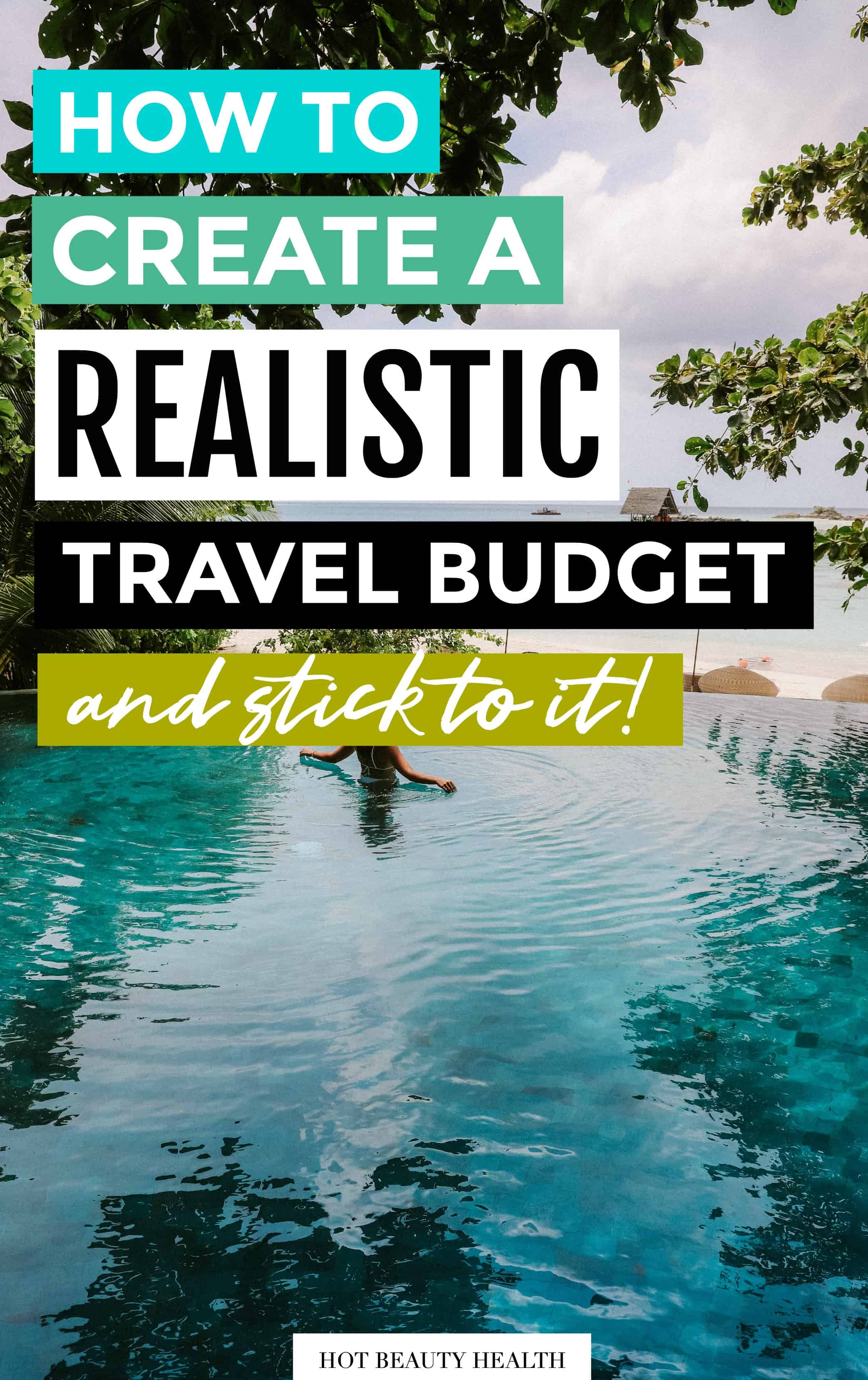
Free Travel Email Course
Sign up to my FREE Plan a Solo Trip Email Course. After seven days, you’ll no longer feel overwhelmed with planning a trip again!
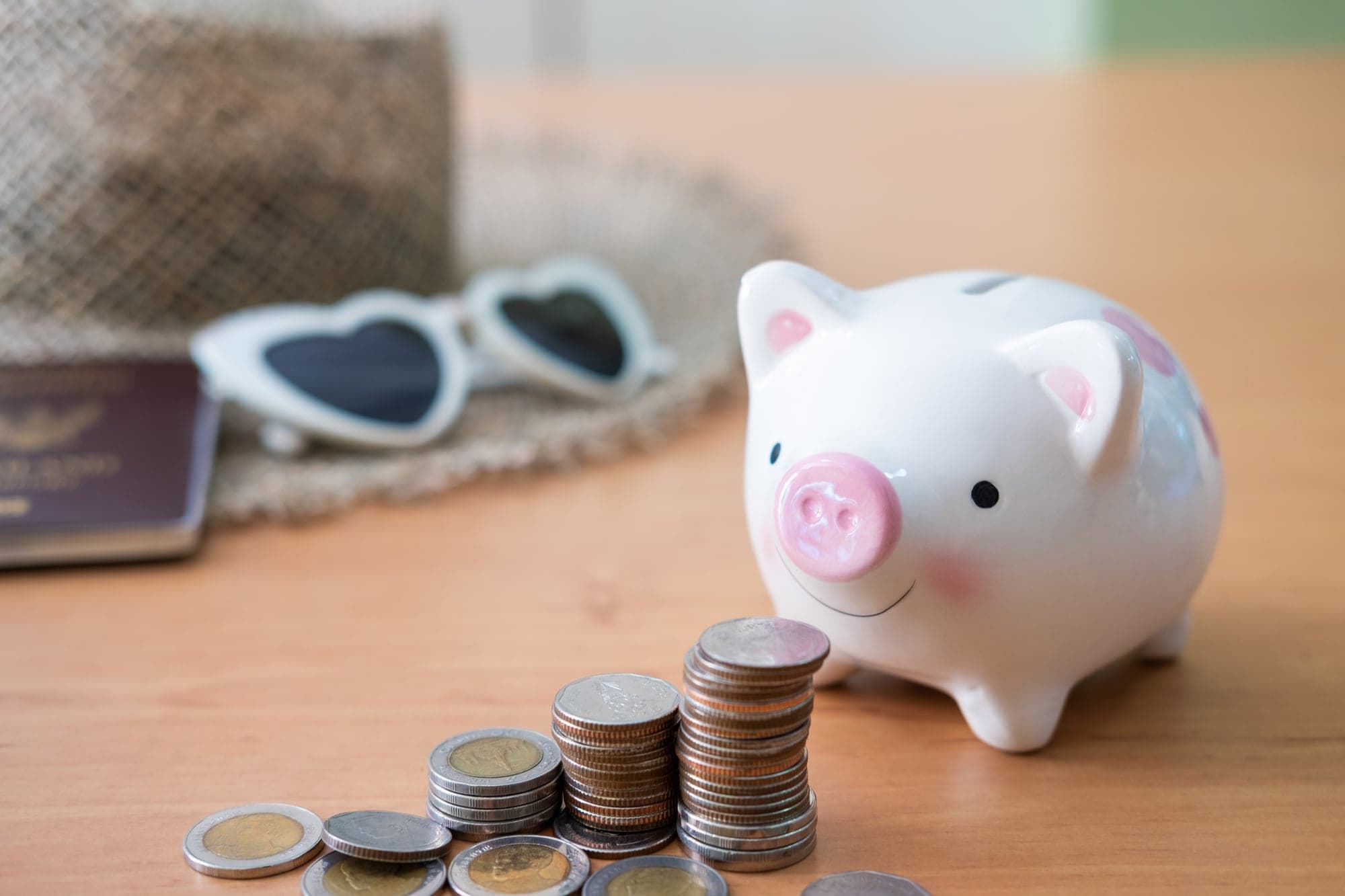

2 Comments